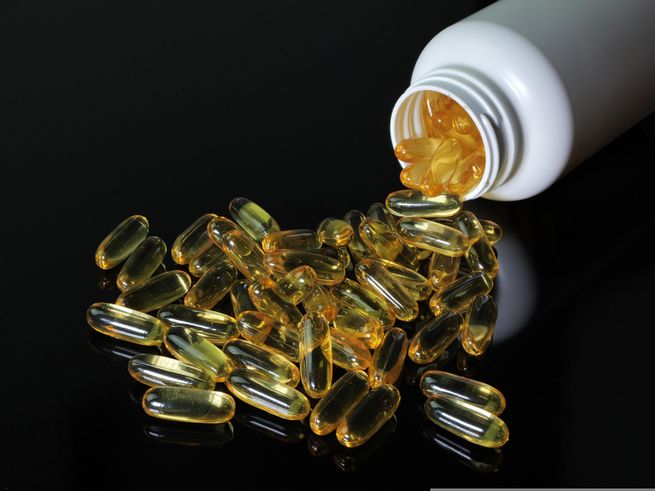The use of anabolic steroids, often associated with athletes and bodybuilders seeking to enhance performance or appearance, has garnered increasing attention not only for its physical implications but also for its profound psychological effects. Understanding these mental health impacts is essential for anyone considering steroid use or those who may be affected by someone who does.
Understanding Anabolic Steroids
Anabolic steroids are synthetic derivatives of testosterone, a hormone that regulates various bodily functions. These substances are commonly used for medical purposes, such as treating hormonal issues or muscle loss due to illness. However, their misuse for athletic enhancement or aesthetic improvement raises significant concerns about both physical and mental health.
Psychological Effects of Steroid Use
The psychological effects of steroid use can vary widely among individuals, influenced by factors such as dosage, duration of use, and personal predispositions. Some prominent psychological impacts include:
- Mood Swings: Users frequently report experiencing dramatic shifts in mood. This can manifest as elevated euphoria followed by deep depression.
- Increased Aggression: Often referred to as “roid rage,” heightened aggression can lead to violent behavior and interpersonal conflicts.
- Paranoia: Chronic users may develop paranoid thoughts, feeling as if others are out to get them, which can escalate into aggressive confrontations.
- Delusions: Some individuals might experience delusions of grandeur, believing they have superior abilities or invincibility.
- Depression: Ironically, after the initial euphoria fades, many users report feelings of emptiness and hopelessness.
The Impact on Mental Health
The consequences of these psychological changes can be severe, influencing not only the individual’s mental health but also their relationships and social life. The *American Psychological Association* notes that people using anabolic steroids may engage in risky behaviors, leading to potential legal issues, strained relationships, and isolation from friends and family.
Additionally, the withdrawal phase can bring about intense emotional distress. Upon cessation of steroid use, individuals might struggle with significant mood disorders, including:
- Major Depressive Episodes: A common occurrence post-steroid use, this can lead to suicidal ideation if not addressed appropriately.
- Anxiety Disorders: Elevated anxiety levels, panic attacks, and insomnia may hinder daily functioning and quality of life.
The use of steroids can have significant psychological effects, impacting mental health in various ways. Individuals who use steroids may experience mood swings, increased aggression, and even depression. These mental health impacts are crucial to understand, as they can affect not only the individual using steroids but also those around them. For more information on the effects and considerations of steroid use, you can visit https://buysteroidsgroup.net/. This resource provides insights into the complexities of steroid use and its broader implications on mental well-being.
Recognizing the Signs
Being aware of the signs of steroid-induced psychological changes is vital. Friends and family should look out for:
- Sudden changes in personality or mood
- Increased irritability or aggression
- A marked decline in social interactions or responsibilities
- Excessive focus on muscle building or physical appearance
- Signs of depression or suicidal thoughts
Treatment and Support
Addressing the psychological effects of steroid use requires a multifaceted approach. Effective strategies include:
- Cognitive Behavioral Therapy (CBT): This therapy helps individuals understand the links between their thoughts, emotions, and behaviors, enabling them to develop healthier coping mechanisms.
- Support Groups: Sharing experiences with others facing similar challenges can provide comfort and reduce feelings of isolation.
- Medical Intervention: Consulting healthcare professionals for potential pharmacological treatments to manage symptoms of depression or anxiety.
- Education: Increased awareness about the risks associated with steroid use can empower individuals to make informed choices regarding their health.

Conclusion
The psychological effects of steroid use are profound and can lead to long-term mental health issues if left unaddressed. Recognizing these impacts is essential for both users and those close to them. By understanding the risks and seeking appropriate support, individuals can navigate the complex landscape of steroid use and its psychological ramifications. Awareness, education, and effective treatment options play pivotal roles in mitigating these adverse effects, promoting overall mental well-being..
